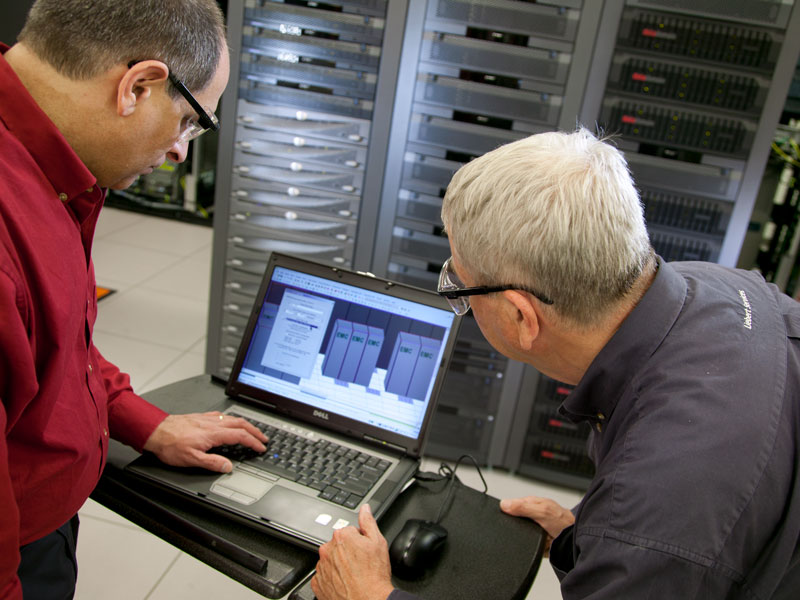I bet you never thought you would hear anything like this from someone who sits on the board of The Green Grid. The truth of the matter is if you have been following industry recommendations, adopting Green Grid’s data center maturity model (DCMM), our Energy Logic 2.0 strategies, and have a PUE in the 1.3 to 1.5 range you may be approaching the practical limit for your data center. But please do keep measuring your PUE.
Wait a minute – what about Google, Facebook, Microsoft and others who are claiming PUEs of 1.1 or even lower? Shouldn’t we all be chasing these levels of ‘efficiency’?
That depends a great deal on your business model. If you are an Internet driven organization with a billion+ connected customers, globally distributed data centers with in-region redundancy, and little to no concern over data center outages then chase the lowest possible PUE. In all likelihood you are not competing with the above entities. Your executives and shareholders don’t want to consider sharing the risk levels associated with those types of data center facilities that are operated with the overarching philosophy of failure-is-an-option.
With today’s technology, advancements in material science (IGBTs), innovations in power / cooling systems, circuits, controls, etc. we can design, build, and safely operate robust Tier IV facilities with a PUE in the 1.2 – 1.3 range. For existing facilities we can deploy new power (UPS), thermal (direct / indirect evaporative or pumped refrigerant), bolt-on upgrades, and DCIM controls to bring ‘legacy’ facilities into a whole new range of PUE performance without giving up one iota of resiliency and availability.
Trying to drive to a lower PUE from here requires a whole new architecture. One best achieved with a new construction project. However this architecture will be less robust and fall outside your current operational practices placing the entire facility and operations on the steep slope of the universal learning curve. Statistics indicate you will experience a much higher failure rate. This move to further reduce PUE comes at a potential significant cost. Do the arithmetic – will you recoup enough in energy savings to warrant perhaps a 10X increase in outages?
The next time someone asks you why you aren’t pursuing a PUE of 1.1 tell them Jack said your PUE may be good enough already.



